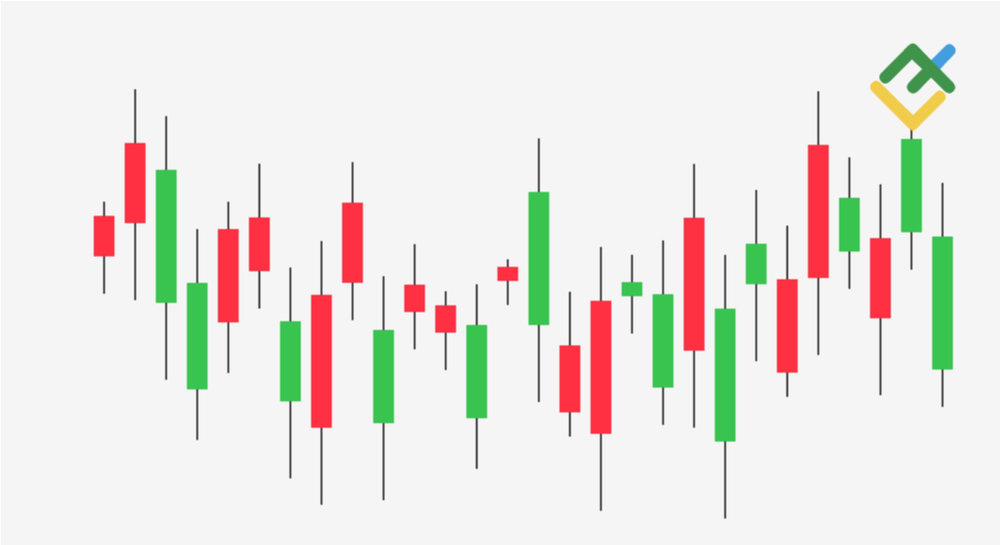
By Arunima Kumar and Robert Harvey
(Reuters) – Oil prices fell by around 1% on Wednesday due to persistent concerns over Chinese demand and elevated risks of a broader economic slowdown, though losses were capped by supply risks in the Middle East and Libya.
Brent crude futures were down 76 cents, or 0.96%, at $78.79 a barrel by 1320 GMT. U.S. West Texas Intermediate crude futures fell 77 cents, or 1.02%, to $74.76.
Prices lost more than 2% on Tuesday, having gained 7% over the previous three days to more than $81 a barrel for Brent and $77 for WTI.
“Supply risks in Libya have come to the fore but market participants seem sanguine … demand in China remains weak and the expected second-half rebound has yet to show credible signs of commencing,” Amarpreet Singh, an analyst at Barclays, said in a note.
While a decline in U.S. oil and fuel inventories last week supported prices, the potential loss of Libyan oil output and the possible expansion of the Israel-Gaza conflict to include Iranian-backed militants from Hezbollah in Lebanon remain the largest risks to oil markets.
Several oilfields across Libya have halted output as a dispute continues between rival government factions over control of the central bank and oil revenue. The dispute puts about 1.2 million barrels per day (bpd) of production at risk.
There still has been no confirmation of any closures from the Tripoli-based government or from the National Oil Corp (NOC), which is in charge of oil resources.
The Libyan disruptions should tighten the oil market, considering real barrels are removed, but here investors want to see a drop in Libyan crude exports first, said Giovanni Staunovo, an analyst at UBS.
In the Middle East, fighting continued in the Gaza Strip between Israel and Hamas militants, with no signs yet of a concrete breakthrough in ceasefire talks in Cairo.
Over the weekend, Israel and Hezbollah bombarded each other with rockets and missiles across the Lebanese border.

{{8849|U.S. crcrude oil inventories fell by 3.407 million barrels in the week ended Aug. 23, according to American Petroleum Institute figures cited by market sources on Tuesday. Gasoline inventories fell by 1.863 million barrels and distillates were down by 1.405 million barrels.
Weekly U.S. oil storage data is due from the U.S. Energy Information Administration (EIA) later on Wednesday.
This post is originally published on INVESTING.




